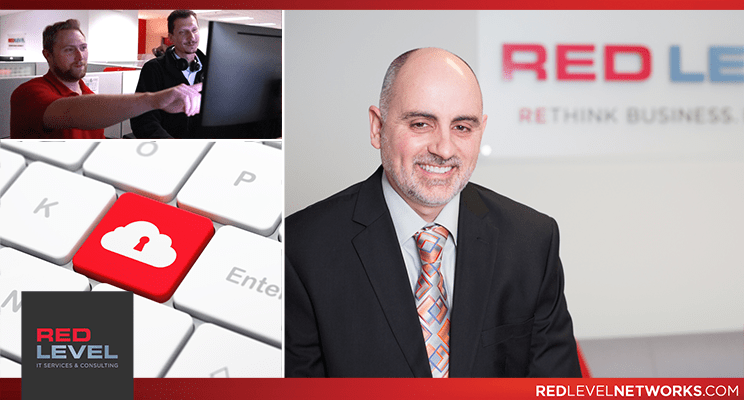Does your business rest on a solid IT foundation? And as a business owner, do you know what you need to know in order to make that determination?
It’s more than understandable if you don’t. Unless your business is focused on information technology and products or services related to it, you’ve probably got little time or patience for IT issues – after all, they are complex, and you have your core business to attend to. But that doesn’t change the fact that today, virtually every business depends on digital systems and services of one sort or another. Even the smallest and most technology-averse companies have been compelled to enter the digital realm on some level, if only for something as elementary as credit card processing.
My many years of experience in consulting and advising small to medium-sized businesses of all types – retailers, manufacturers, professional services firms and more – have enabled me to develop a set of factors to help determine the strength of a company’s IT foundation. Consider these in relation to your company:
- Branded Web and Email presence. Do you own your company’s name as a functional URL for your website and email addresses? Today, this isn’t just nice to have – it’s critical for establishing credibility in the eyes of customers and prospects.
- Quality Internet connection with redundancy. A dedicated, high-speed connection capable of supporting your entire organization with sufficient speed and throughput is essential – and if it’s at all important that you stay connected, a suitable failover connection should be considered.
- Sufficient security for networks and data. Firewalls, anti-spam, antivirus, anti-malware, secure wireless connections and other up-to-date hardware and software solutions are necessary to safeguard your network, devices and data.
- Robust backup measures. Consistent, reliable backups of data, applications, and systems are important to ensure continuity in the event of security breaches, system failures, or disasters such as fires, sabotage, or floods.
- Structured cable or solid wireless infrastructure. Efficiency demands a professionally-deployed, uniform, standards-compliant cable or wireless network with suitable security provisions and optimized for performance.
- Established organizational IT standards. High-functioning companies have thorough, established standards for hardware, software, security, and systems usage. These standards must also permeate the culture – each employee needs to know and understand what the standards are and why they are important.
- Cloud usage and strategy. The applicability and immediate need for cloud services varies from one company to the next, but virtually all companies benefit from at least some cloud services – storage, disaster recovery, hosted applications. It’s also a certainty that the trend is moving further towards cloud-centered IT for almost all business types.
As a business owner, awareness or attention to these matters isn’t typically your primary focus – but that’s what companies like Red Level are for. The need for improved security, modernization, and efficiency enhancement ultimately emerges at all companies; we make it our job to provide the knowledge, advice and support it takes to make it happen.
Originally posted on LinkedIn
For more information about gaining a competitive advantage with digital transformation, contact Red Level today.
Related Posts
Data breaches are becoming alarmingly common. The recent "Mother of ...
Migrating to a cloud-based hosting platform can boost your organization’s ...
What you do on autopilot can hurt you – especially ...





